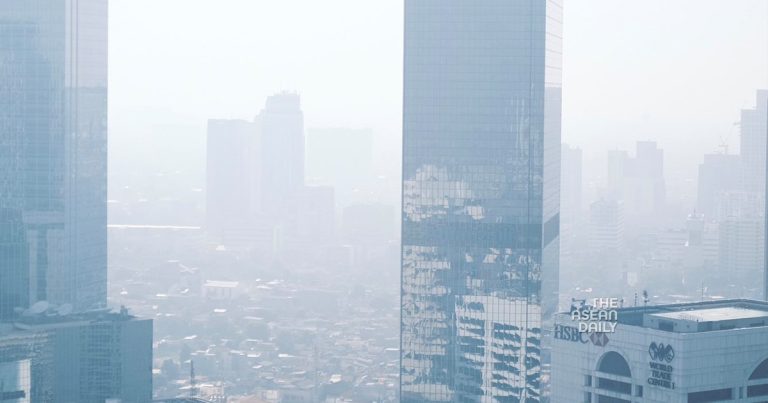25-8-2023 (JAKARTA) The Environment and Forestry Ministry has taken decisive action by ordering the immediate shutdown of four companies accused of contributing to severe pollution problems in the Greater Jakarta area. The move comes as part of a wider effort to address worsening air quality in the region.
The announcement was made by the ministry’s Environmental and Forestry Law Enforcement Director General, Rasio Ridho Sani. The four companies affected by the order are PT Wahana Sumber Rezeki and PT Unitama Makmur Persada in Marunda, North Jakarta, PT Maju Bersama Sejahtera in Cakung, East Jakarta, and PT Pindo Deli 3 in Karajan, West Java.
The decision to halt these companies’ operations was reached following a thorough investigation into the impact of industrial activities on air pollution in Greater Jakarta. Starting on August 21, the ministry deployed 100 personnel to conduct surveys in six locations known for their high concentration of industrial activities. These areas include Marunda, Cakung, and Kelapa Gading in North Jakarta, Pulo Gadung in East Jakarta, as well as Bekasi and Karawang in West Java.
Greater Jakarta has been grappling with a significant air pollution problem, leading to public concerns and demands for swift action. The region has consistently ranked among the world’s top 10 most polluted cities since May, and it recently claimed the top spot in global air quality charts compiled by Swiss company IQAir.
Environmental activists attribute the toxic smog to clusters of factories and coal-fired power plants near the capital. However, the government has countered these claims, asserting that the worsening air quality is primarily due to weather conditions and traffic.
Earlier this month, President Joko Widodo convened a meeting with ministers and regional leaders to explore both short- and long-term strategies to combat the pollution issue.
In addition to the shutdown of these companies, the Environment and Forestry Ministry has proposed measures to mitigate pollution in the Greater Jakarta area. One suggestion is the use of mist sprayed from tall buildings across the region. Sigit Reliantoro, the ministry’s Pollution and Environmental Problems Director General, emphasized that these efforts should be intensified, especially if government-led cloud-seeding initiatives fail to yield the desired results.
Given the ongoing dry season and the impact of the El Niño weather pattern, conducting large-scale cloud-seeding experiments may prove challenging. Therefore, the proposal to spray water from tall buildings is seen as a practical alternative. The ministry is currently identifying suitable buildings for this purpose and plans to enlist the expertise of state-owned oil and gas company PT Pertamina, which has experience using this method to protect its fuel storage facilities.




